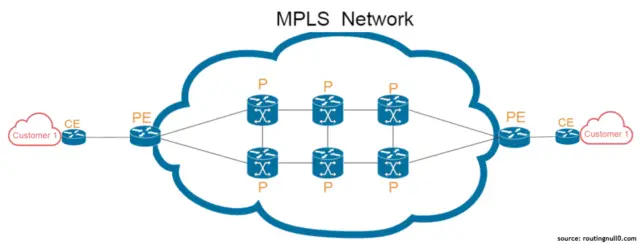Verizon has the authorization of the Telecommunications Superintendence (Sutel) to operate in the country and provide at least 5 telecommunications services at the corporate level. Verizon is a recognized mobile phone company in the United States with more than 154 million subscribers in that market. In addition, it provides services at the company level.
The American company obtained permission to operate a public telecommunications network in the country to provide data transmission services in the provinces of San José, Alajuela, Heredia, and Cartago. Participation in the corporate market has been expanding both wholesale and retail and the presence of companies such as Cable & Wireless Business, Tigo Business, Claro, Telefónica, Telecable, Costa Rican Electricity Institute, and its subsidiary Radiográfica Costarricense S.A., among others.
According to the Sutel report, as of December 2017, 34 firms were authorized to provide data transfer services (Internet access and dedicated lines), among others. Wholesale firms are providers of connectivity services to different local operators, while retailers are those that market services at the residential, business and user levels.
Competitive portfolio
In the country, Verizon has been authorized since March 2017 to provide Private IP (PIP) services, a virtual private network or VPN service that is based on multi-protocol label switching (MPLS) technology.

In this type of services, traffic management allows companies to prioritize their traffic and assign differentiated service classes. The company also provides secure interconnection services in the cloud or SCI for its acronym in English. This service allows customers who have purchased the PIP service to connect to an ecosystem of cloud service providers (CSP) from their corporate network, creating separate private connections of public Internet traffic.
A 3rd service for which it received authorization was the software-defined network perimeter (SDP), through which a virtual private network solution based on the Internet is provided. This network has security capabilities to allow access to resources and applications of the company and the cloud, through encrypted and secure connections.
The 4th service is dedicated Internet, to offer open connections and high bandwidth to different regions of the world. According to Sutel information, this service offers a standard IP services package that includes domain name system (DNS), IPv4 and IPv6 addresses and service level agreements, as well as permanent supervision (24/7).
Verizon also provides broadband connections, a variant of the previous service offered through the resale of services from other operators or authorized service providers in Costa Rica. With this service, it is possible to connect to the Internet with lower speeds and symmetric and asymmetrical accesses.
According to Sutel, Verizon said it would use wireline-based technologies and customers will be served through an online service management tools portal called the Verizon Enterprise Center (VEC).
The VEC makes it easier to place orders, view and pay bills, create trouble tickets and analytical reports, and monitor and manage your telecommunications services. In addition, it provides access to information so that the client can make informed decisions about their home and global networks.
In sum, the company has a year to start operations from the moment of authorization.

